Lay-Led Liturgy
NLC ARTICLES
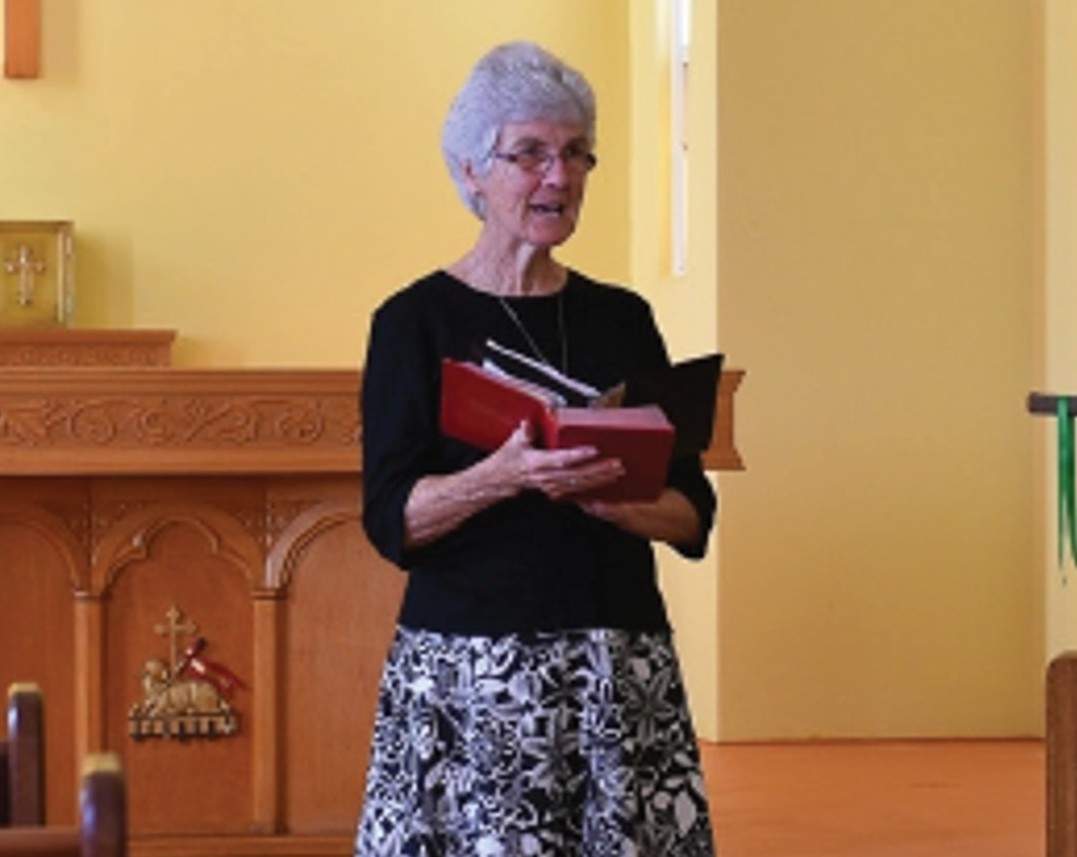
In recent decades, lay men and women have been called to lead the Church's liturgy. The Liturgy of the Word, with or without communion, can be led by lay members of the community. Catechists celebrate the Word of God with children on Sundays and other days. Marriages and Funerals outside Mass can be led by trained leaders, with the permission of the local Bishop. The Liturgy of the Hours can be prayed daily in any setting and led by a lay man or woman.
.jpg)
With adequate training and support, lay people can preach in the liturgy in certain circumstances. This article references some of the guidelines and articles of Canon Law that are associated with this ministry. It makes a distinction between a homily and preaching and names some occasions when lay preaching could be advantageous.
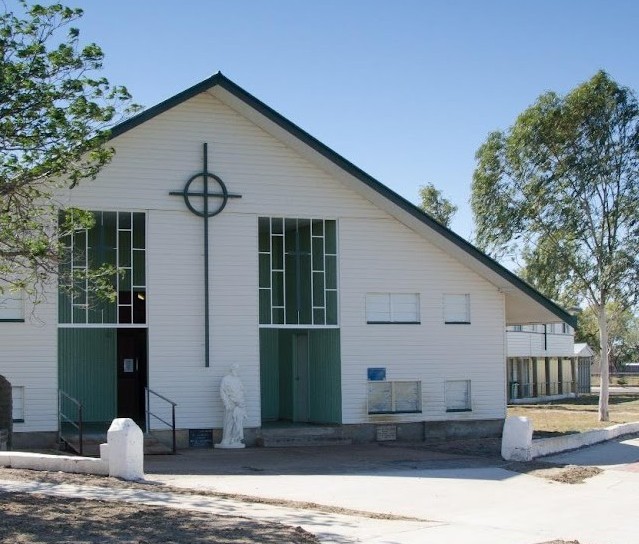
Discerning and training Lay Leaders is an important part of the community's preparation for Sunday Celebrations in the Absence of a Priest. This article outlines some of the qualities and skills that need to be discerned and developed, and the collaboration and preparation involved in this ministry.
official documents
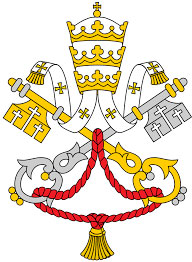
Holy See
These directives from the Vatican describe the nature of these celebrations and the principles that underpin them. They are foundational documents of the Church.
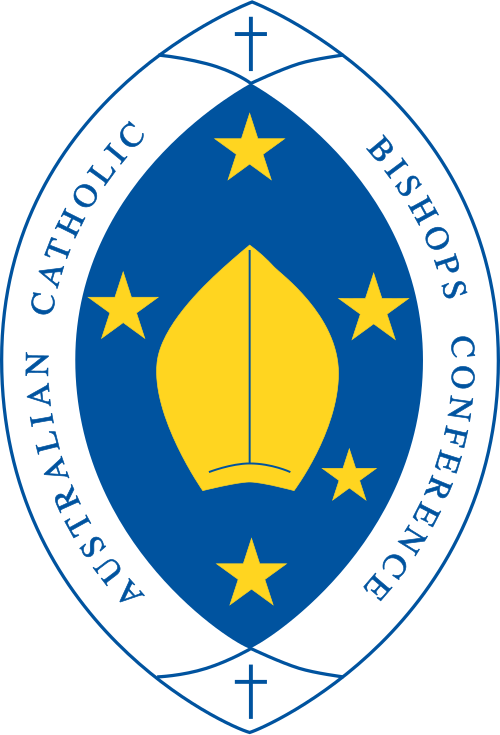
Australian Catholic Bishops Conference
These directives for the Diocese of Australia are from the Australian Catholic Bishops Conference. They describe the circumstances and conditions for Sunday Celebrations in the Absence of a Priest in Australia and outline the various ritual forms. The directives note the importance of providing parish catechesis and discerning and forming suitable leaders.
These directives for preaching by lay persons are from the Australian Catholic Bishops Conference. They describe the circumstances under which the laity may be commissioned to preach, the suitability of people for this ministry and the preparation involved. They indicate that the diocesan Bishop can issue norms such as the associated training and procedures.
DIOCESAN RESOURCES
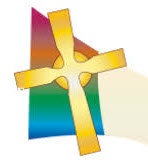
Ballarat
This downloadable PDF provides guidelines for celebrating Sunday Assemblies of Word and Communion for the Diocese of Ballarat. It provides the principles for preparing and conducting these celebrations in different circumstances and outlines the formation needed for lay leaders and the parish community. It includes an Order of Commissioning of Lay Leaders.
This downloadable PDF is the manual for lay leaders of Sunday celebrations for the Diocese of Ballarat. It outlines the structure of the liturgy and the primacy of the Word of God. It describes the qualities of those who assume this ministry and the the preparation required. It includes a description of the movement and procedures involved and provides a list of some resources.
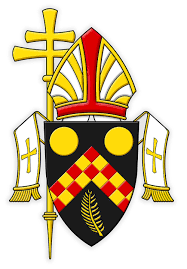
Brisbane
This downloadable PDF provides guidelines for lay leaders of liturgy for the Archdiocese of Brisbane. It outlines the principals of these celebrations and the various rites and contexts where lay leaders may preside. It includes guidelines on the discernment and formation of Lay Leaders.

Canberra-Goulburn
This downloadable PDF provides an introduction to the Sunday Celebration of the Word for the Archdiocese of Canberra-Goulburn. It provides the background and the nature of these celebrations, highlighting the importance of Sunday and the Word of God. It outlines the structure of the Celebration, the role of the leader and describes the various rites and ministries.
This downloadable PDF provides guidelines for Sunday Celebrations of the Word for the Archdiocese of Canberra-Goulburn. It provides some theological background to these celebrations and offers some implications and practical considerations. It highlights the importance of the Eucharist and the people gathering on Sunday to hear the Word of God. Leadership and the Liturgy of the Hours are also discussed.
This Advent resource contains the Liturgy of the Word and Communion in the Archdiocese of Canberra-Goulburn for Sunday Celebrations in the Absence of a Priest.
This Christmas resource contains the Liturgy of the Word and Communion in the Archdiocese of Canberra-Goulburn for Sunday Celebrations in the Absence of a Priest
This Lent resource contains the Liturgy of the Word and Communion in the Archdiocese of Canberra-Goulburn for Sunday Celebrations in the Absence of a Priest
This Easter resource contains the Liturgy of the Word and Communion in the Archdiocese of Canberra-Goulburn for Sunday Celebrations in the Absence of a Priest.
This resource contains the Liturgy of the Word and Communion in the Archdiocese of Canberra-Goulburn for Sunday Celebrations in the Absence of a Priest in Ordinary Time.
This resource contains the Liturgy of the Word and Communion in the Archdiocese of Canberra-Goulburn for Sunday Celebrations in the Absence of a Priest in Ordinary Time.
This resource contains the Liturgy of the Word and Communion in the Archdiocese of Canberra-Goulburn for Sunday Celebrations in the Absence of a Priest in Ordinary Time.
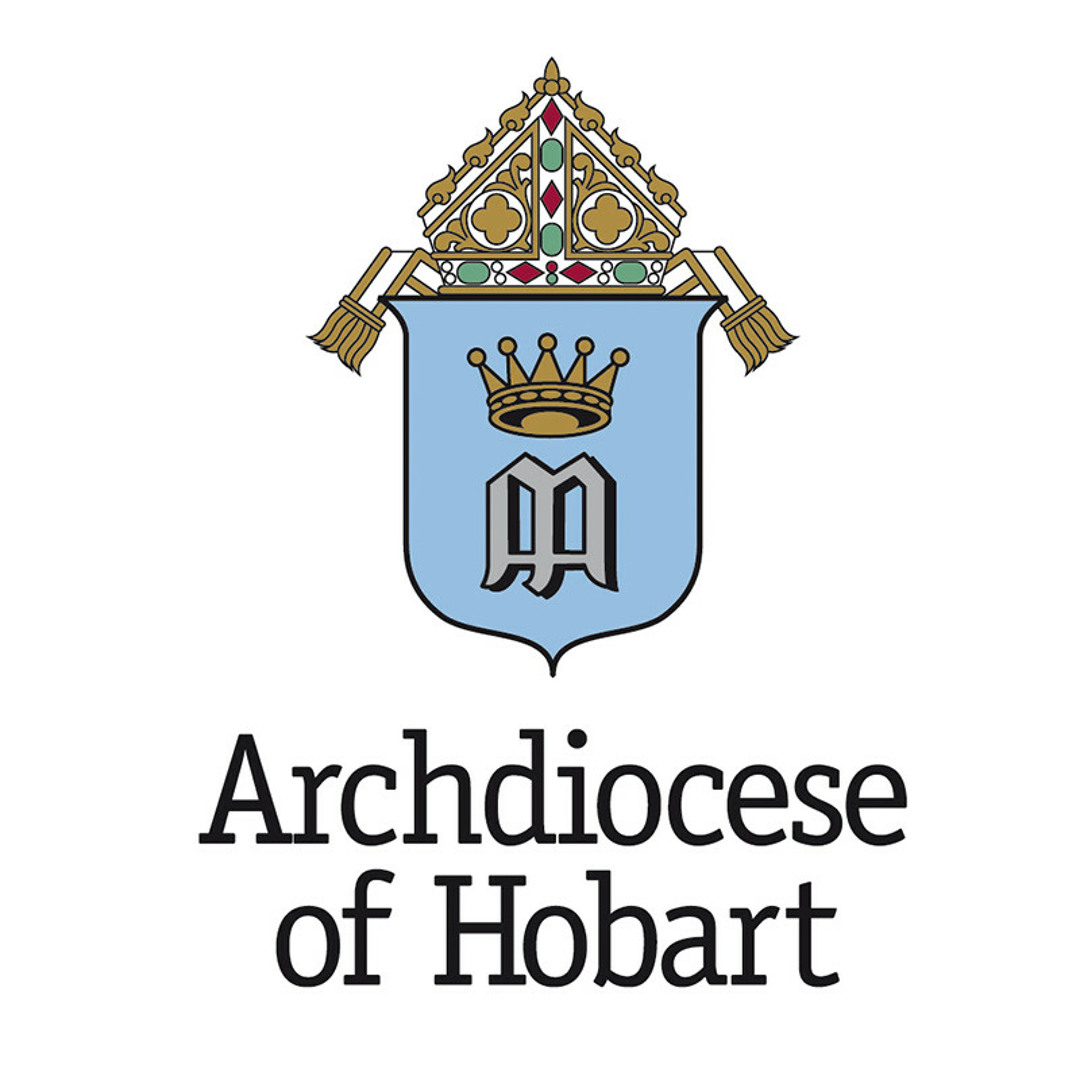
Hobart
This downloadable PDF provides guidelines for celebrating Sunday Celebrations in the Absence of a Priest for the Archdiocese of Hobart. It outlines the principals of these celebrations and the criteria for implementation in different circumstances.
This downloadable PDF is a simple resource for parishes faced with the prospect of fewer opportunities to celebrate Sunday Mass. It describes a parish process for determining future needs and outlines ways to discern suitable leaders who would undergo training.
This downloadable PDF provides a simple outline of the ritual for Sunday Celebrations of the Word and Communion.
This downloadable PDF provides a simple outline of the ritual for Sunday Celebrations of the Word and Communion.
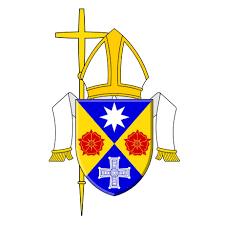
Sandhurst
This downloadable PDF provides the norms and procedures for celebrating Sunday Celebrations in the Absense of a Priest for the Diocese of Sandhurst. Using a question and answer format, it outlines the principles involved and provides a brief description of the rites.
OTHER RESOURCES
Journal Articles

In Catholic theology, the ministers of the sacrament of marriage are the couple themselves. On this basis, Chapter III of the Order of Celebrating Matrimony (2015) provides for the diocesan bishop to delegate laypersons to preside at marriages outside of Mass when there is a shortage of priests and deacons. This article outlines the possibilities and explores the formation that would be required for a layperson to preach the homily, receive the consent of the couple on behalf of the Church, and pray the special text of the nuptial blessing over them.
Bulletin Articles
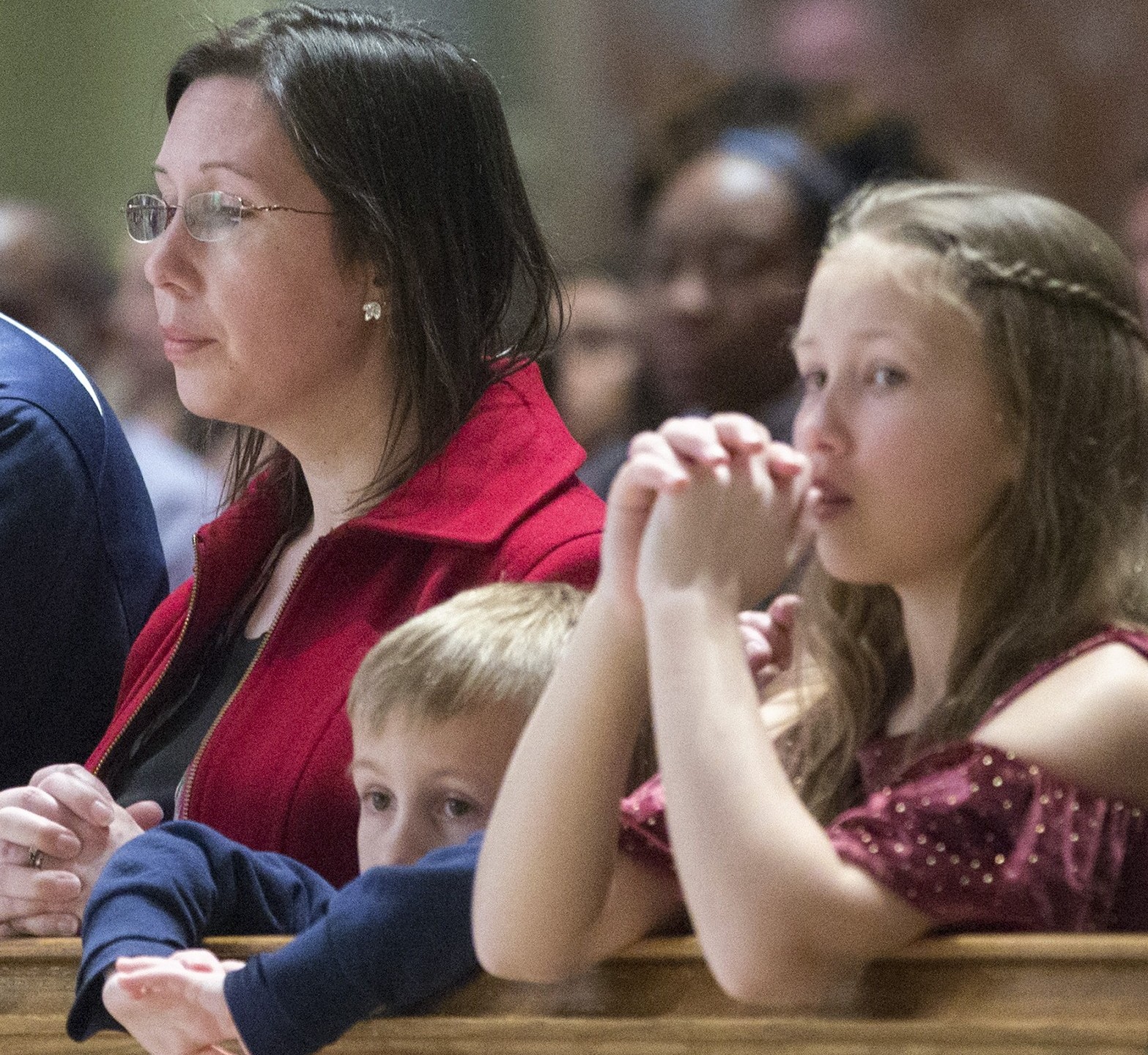
When a Catholic community gathers on a Sunday without a priest, there are several options for liturgical celebration. The community may celebrate Morning or Evening Prayer, or there may be a Celebration of the Word with or without Holy Communion. If a Celebration of the Word includes Holy Communion, it is important that it remain distinct from a eucharistic liturgy; the altar is not used.

